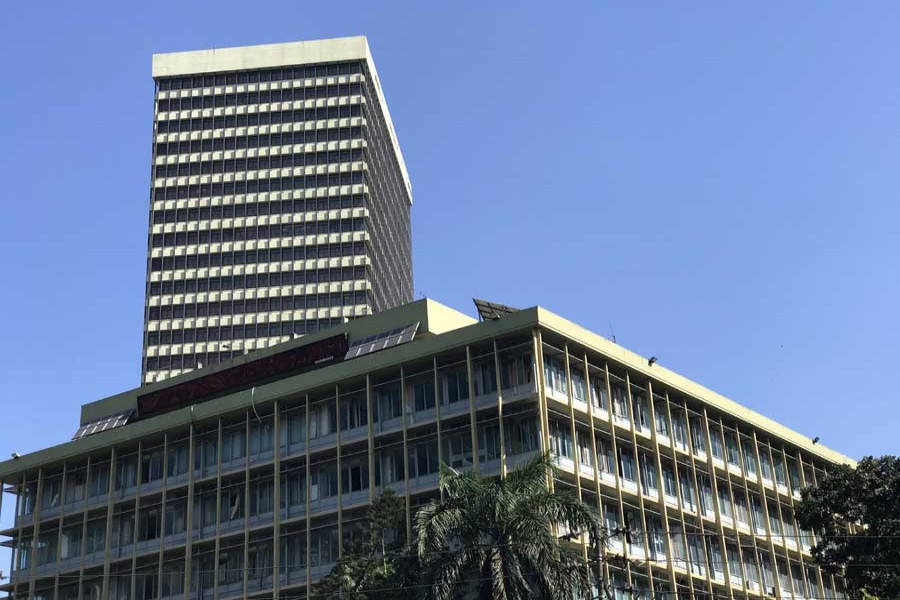The government's decision on power outages because of the rise in LNG and oil prices hit the headlines of the last Tuesday's issue of all national newspapers. Load-shedding that has returned after many years stirred up worries among all sections of people because of its enormous impact on life and the economy.
The national dailies published another piece of important news on the same day. It was about the central bank's decision to defer the classification of loans by relaxing the relevant rules. Despite having a wider impact of the decision on the country's financial sector, the central bank's circular to this effect could not attract that much attention from all concerned.
The central bank had relaxed loan classification rules to provide relief to the businesses hit by the Covid-19 pandemic for nearly two years, starting from March 2020. It had imposed a moratorium on loan classification. Following a request from the country's apex chamber, the Bangladesh Bank (BB) allowed the borrowers to reschedule their default loans through repayment of 15 per cent of their outstanding loans at the end of 2021. Bank borrowers, under the latest circular issued on Tuesday, are allowed to regularise their default loans by paying a sum equivalent to 2.5- 6.5 per cent of their respective outstanding amount. The repayment period for the overdue loan has been extended to eight years. Earlier, it was a maximum of two years.
What is surprising is that the central bank has empowered bank boards to decide on the facilities to be offered for regularising the default loans. Earlier, banks could not offer any special facility to any loan defaulter without the approval of the central bank. Now, the banking sector regulator has decided to transfer its authority to its subjects (banks)!
There is no denying that businesses that were about to be engaged in the pandemic damage recovery efforts are now amid yet another difficult time because of the Ukraine-Russia war. They need relief. But that should not be at the cost of banks that are beset with huge default loan problems.
The latest BB circular on loan classification would not only make the recovery of old default loans difficult, but also encourage regular borrowers to delay their repayments.
The liquidity shortage now being experienced by many banks might aggravate further in the coming days. Thus, banks are likely to come under intense pressure to hike their deposit rates. That would eventually lead to a lending rate hike.
The loan classification delays will help the banks show higher than their actual profit and the resultant disbursement of increased dividends to shareholders.
These exercises, however, might help the banks bask in temporary success. But, it would not be possible to hide their deteriorating financial health for long. At one stage, they will have to resort to usual loan classification rules and only then the real picture would emerge. That, in all likelihood, would be a very ugly one. The decision to leave many important issues to the so-called bank-client relationship for resolution has already given rise to many problems. The central bank should take a tough stance on default loan issues. Otherwise, things might go out of hand soon.


